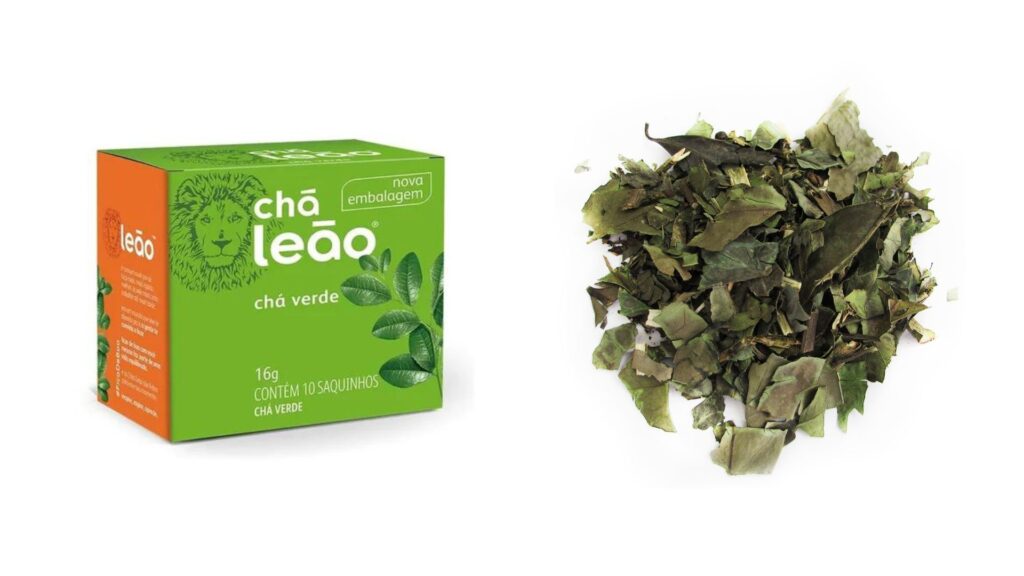Have you ever spent “sleepless nights” wondering what could be disturbing your sleep? Surprisingly, the answer may lie in what you ate before going to bed.
Some foods that seem harmless, in fact, can be true sleep villains, sabotaging the entire relaxation process started by our body when night arrives; They can cause discomfort, leave you racing, very thirsty or make you run to the bathroom several times in the middle of the night.
Do you want to guarantee a peaceful and restorative sleep? Pay attention to the foods we list below and understand why you should avoid consuming them before bed.
Bitter chocolate

Chocolate contains caffeine and theobromine, two substances that interact with our body's central nervous system, increasing brain activity that can prevent sleep. Furthermore, traditional chocolates contain high levels of sugar, increasing insulin levels in the body. So it's a good idea to avoid consuming it hours before going to bed.
Soft drinks

Virtually all soft drinks contain caffeine and sugar, which can negatively affect sleep. Additionally, they can also cause acid reflux, which can make it difficult to fall asleep. If you tend to drink soda at night hours before bed, we recommend replacing it with flavored sparkling water or juices.
Coffee and derivatives

Coffee is known to have a stimulating effect as it contains caffeine. This substance can affect your sleep, especially if you consume a large amount during the day. Try to avoid consumption after 6pm to ensure a good night's sleep. Check out the types:
- Traditional coffee;
- Espresso;
- Cappuccino;
- Latte;
- Mocha;
- Frappuccino.
Tea and roots

Yes! While some teas have the “power” to induce sleep, others can keep it away. Just like coffee, some teas contain caffeine. We at Vou Saúde recommend that you drink these teas during the day and choose a more relaxing option for the night. Some teas that should be avoided:
- Green Tea;
- Black tea;
- Yerba mate Tea;
- Guarana tea or powder;
- Ginger tea or powder;
- Hibiscus and peppermint tea (contains less).
Spicy foods and seasonings

They can be a great addition to food, but in some people they can cause acid reflux, increase heart rate and even increase body temperature. These reactions can directly interfere with a very uncomfortable night.
- Pepper in general;
- pepper sauces;
- Wasabi;
- Curry;
- Ginger;
- Paprika.
Açaí

Açaí could be a hidden sleep villain! As it is a source of carbohydrates and caffeine that provide energy and increase alertness. It is common for manufacturers to add guaraná syrup, which will make the açaí even more stimulating. And if you're a fan of the various sweet extras, be careful! They can be an insomnia bomb, leaving you waking up thinking about them more than you are sleeping.
Medicines and supplements

Some medicines and supplements may contain caffeine, stimulants or speed up your metabolism. It is important to read the medication label and leaflet and always talk to the doctor or pharmacist about the possibility of the medication interfering with sleep. Check out some medications:
- Pre-workouts, thermogenics and other gym and weight loss supplements;
- Analgesics: aspirin, ibuprofen and others;
- Medicines for flu and colds;
- For headaches and migraines: Neosaldina, Dor flex and others.
- Asthma medicines;
- Medications for ADHD and concentration.
Tomato

Tomato-based products can interfere with sleep due to the presence of tyramine, an amino acid that stimulates the release of norepinephrine, and this neurotransmitter keeps the brain alert. And to top it off, tomatoes are acidic and can cause heartburn or reflux in some people, which definitely doesn't contribute to a good night's rest.
Red meat

After a barbecue, it is common to feel bloated and feel full for a long time. This happens because meat is rich in proteins and some fats. As a result, your stomach will struggle to digest, causing enormous discomfort if you try to sleep. Red meat contains tyrosine, which stimulates the production of neurotransmitters that can increase brain activity. So before bed, it's a good idea to reduce, replace or even stop consumption.
Processed foods and sauces
They can affect sleep due to the presence of chemical substances, such as nitrates and nitrites, used as preservatives, artificial colors and flavorings, in addition to the high amount of saturated fats and sodium that can cause thirst and make the person wake up during the night to drink. water. These substances stimulate the nervous system and increase inflammation in the body. Furthermore, the digestion of these foods can be more difficult, leading to discomfort.
- Fast foods in general;
- Processed meats: bacon, sausage, sausages, nuggets, hamburger meat and ham;
- Industrialized sauces, such as tomato, barbecue, soy and salad.
- Canned;
- Frozen meals.
Snacks, fatty foods and fried foods:
These foods are slow to digest, causing a feeling of abdominal discomfort, gastroesophageal reflux and increased production of stomach acid and pro-inflammatory cytokines, which can lead to a state of chronic inflammation, also increasing insulin, affecting the circadian rhythm. and contributing to sleep disorders. In addition to containing carbohydrates, saturated and trans fats. Avoid before bed:
- Pizza, burgers and pasta;
- Fatty meats such as bacon, sausage and ribs;
- Fried foods such as French fries, fried chicken and breaded items;
- Excessive full-fat dairy products, such as milk, yogurt, butter, cream, condensed milk and curd.
Fermented and fatty cheeses
Most cheeses are fatty, protein-rich foods, which can make digestion difficult and cause stomach discomfort at night. Additionally, it contains high levels of tyrosine, an amino acid that can stimulate the brain. Avoid cheeses:
- Cheddar, gorgonzola, roquefort, feta cheese, parmesan and brie cheese.
Sweets and sugary foods
Excessive sugar consumption can lead to rapid absorption of glucose into the bloodstream, leading to increased brain activity and decreased levels of melatonin, the sleep hormone. Additionally, sugar consumption can cause spikes in insulin levels, which can negatively affect sleep quality.
- Sweets in general, such as cakes, ice cream, chocolates, honey, among others;
- Sugary drinks, such as soft drinks and processed juices;
- Industrialized products, such as breakfast cereals, cereal bars, cookies, among others.
Alcohol
Although alcohol can make you feel drowsy, it can also negatively affect your sleep. It can reduce the quality of REM sleep, which is important for restorative and restful sleep, increases urinary frequency, which can interrupt sleep at night and also cause snoring, sleep apnea and vivid dreams, negatively affecting the night's rest. .
Nuts and chestnuts
These foods are also rich in protein and healthy fats. In excess, it can take longer to be digested, causing stomach discomfort and affecting sleep.
Energy
These drinks were made exactly to give you energy. They generally contain high doses of caffeine, taurine and sugars, which are central nervous system stimulants. This can lead to a state of hyperarousal and insomnia. The energy drink will completely eliminate the desire to sleep, speeding up your heart. Furthermore, the presence of sugars can increase the urge to urinate at night.
Tonic water
Tonic water contains quinine, an alkaloid that, in high doses, can interact with the nervous system and cause insomnia; It is also rich in sugar, which can give the body more energy. Some brands may contain caffeine in smaller amounts.
Conclusion
A message from I Have Health: you don't need to say goodbye to your favorite food, but remember that your sleep can be compromised if you overdo it. Therefore, if you want to have a peaceful and invigorating night's sleep, it is best to avoid devouring these foods we mentioned when you are almost going to sleep.
If you want to sleep well, don't go to bed hungry. But don’t go to bed feeling like you ate an “entire restaurant”. Find balance and have a pleasant night's sleep.






